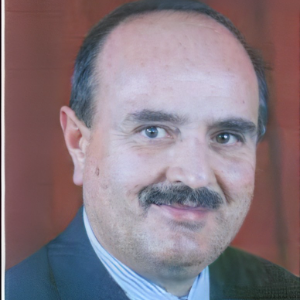Title : Evaluation of the vigure of roselle crop (Hibiscus sabdariffa L.) using rhizobacteria for phytoremediation purposes under conditions of stress caused by copper sulfate (CuSo4)
Abstract:
The objective of the research was to evaluate the vigor roselle crop (Hibiscus sabdariffa L.) using rhizobacteria of Pseudomonas fluorences under conditions of stress caused by copper sulfate (CuSO4), as an alternative for the phytoremediation of soils contaminated with wastewater. The experiment was conducted at the facilities of Campus Montecillo in the Colegio de Postgraduados, Mexico. Seeds of two cultivars of jamaica (cv. Creole and cv. Spider) inoculated with cells of six bacterial strains (M83, M67, M88, L168, M82_A and M82_C), which were planted and grown in a greenhouse to determine: stem length (SL), root length (RL), dry root biomass (DRB), chlorophyll content (CHC), number of leaves (NL), stem diameter (SD) and radical volume (RV). The implemented experimental design was completely random blocks with a factorial arrangement (4 x 2 x 2 x 2). The concentrations of CuSO4 used in the sowing were 10-2 molar concentration (M) for the cv. Creole and 10-6 M for the cv. Spider. The type of soil was decisive because it caused significant differences in most of the variables evaluated, except in the RL, DRB and RV. Inoculation with bacterial strains caused inhibition in the growth of SD in the cv. Spider at 80 days after sowing (DAS). The strains that promoted the plant growth of roselle were M83, M67 and M82 used in both cultivars. The roselle plants had no negative effects due to the stress condition caused by CuSO4. In general, the cultivar that had a greater tolerance to CuSO4 was cv. Creole, therefore, could be considered as an alternative for phytoremediation of soils contaminated with wastewater.



